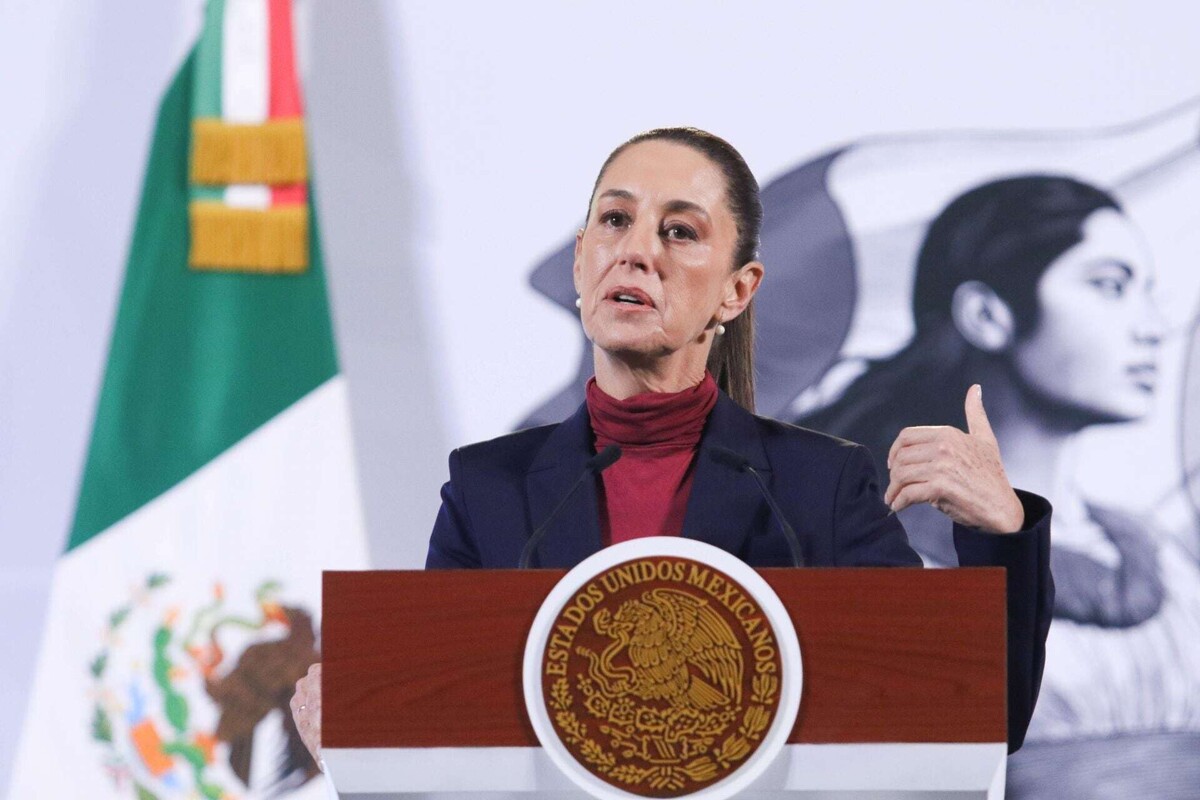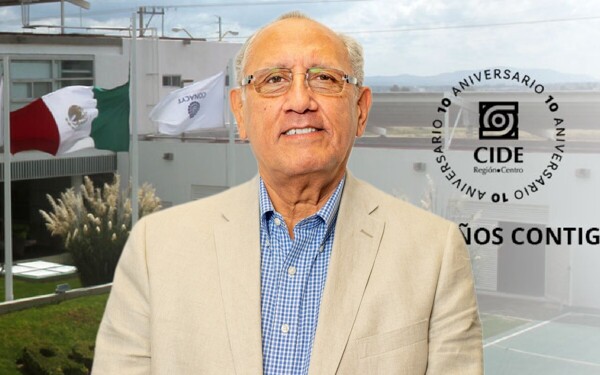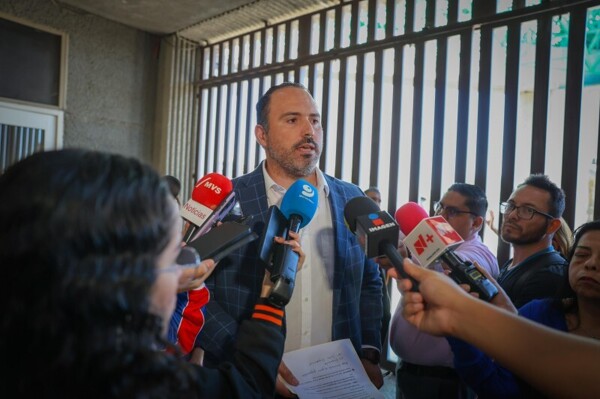
Morena and its allies proposed postponing the entry into force of the reform against nepotism and re-election until the year 2030. The leader of the parliamentary majority of Morena, Adán Augusto López, and Manuel Velasco from the Ecologist Green Party were the ones who promoted this modification, instead of maintaining the original date of 2027.
Deputies from Morena, PT, and the Green Party agreed that returning the reform to the Senate would have meant freezing the possibility of stopping nepotism and re-election. Despite the reform being postponed until 2030, instead of being implemented in 2027 as proposed by President Claudia Sheinbaum, it is considered an advance due to its inclusion in the Constitution.
The reform, which had unanimous approval in general with 127 votes in favor, generated discontent in particular for modifying the entry into force, with 97 votes in favor and 26 against. The opposition has criticized this change, arguing that it benefits officialist politicians with aspirations for the 2027 local elections.
On Tuesday, March 4, the Chamber of Deputies approved in general the draft that seeks to prohibit consecutive re-election and electoral nepotism in the Constitution. The opposition supported the draft with 477 votes in favor and none against or abstentions. The modification to postpone the entry into force of the regulation until 2030 was one of the main changes made by the Senate.
The reform prevents immediate re-election in various elected positions and establishes a prohibition on individuals with direct family ties succeeding officials in those positions. It also sets requirements to prevent nepotism in politics.
The prohibition of re-election and electoral nepotism will start to apply in federal and local electoral processes from the year 2030. Those individuals who hold public positions in that year according to the reform will not be able to run for re-election. Government entities will have 180 days to adapt their constitutions to this reform once the decree comes into force.














